GST Registration is a mandatory tax registration for all businesses who involve in buying and selling with annual sales greater than 20 lacs rupees or providing services in India.
On 1st July 2017, Goods and Services Tax (GST) was introduced by the Indian government to subsume different types of State and Central level taxes such as Service Tax, Luxury tax, VAT, entertainment tax, etc. to offer a consolidated tax structure. This step is aimed to introduce much-needed tax reforms in the Indian tax structure by reducing tax complexities and making the filing of GST returns a completely online process. GST is mandatory for any person with annual turnover exceeds Rs. 20 lacs. Entities located in special category states that have an annual turnover of Rs. 10 lacs are mandated to have GST as well. Those entities which are involved in the sale of goods and services via an e-commerce platform must also register for GST, irrespective of their annual turnover. Apart from this, any person making interstate sales also needs to register for GST. GST helps each step of the supply chain to gain an input tax credit for taxes paid on purchases and also helps entities to collect GST from customers. Any entities apply for GST within 30 days from the date on which entities become liable to register under GST. For Casual Taxable persons and foreigners are required to be registered under GST before starting their business.


